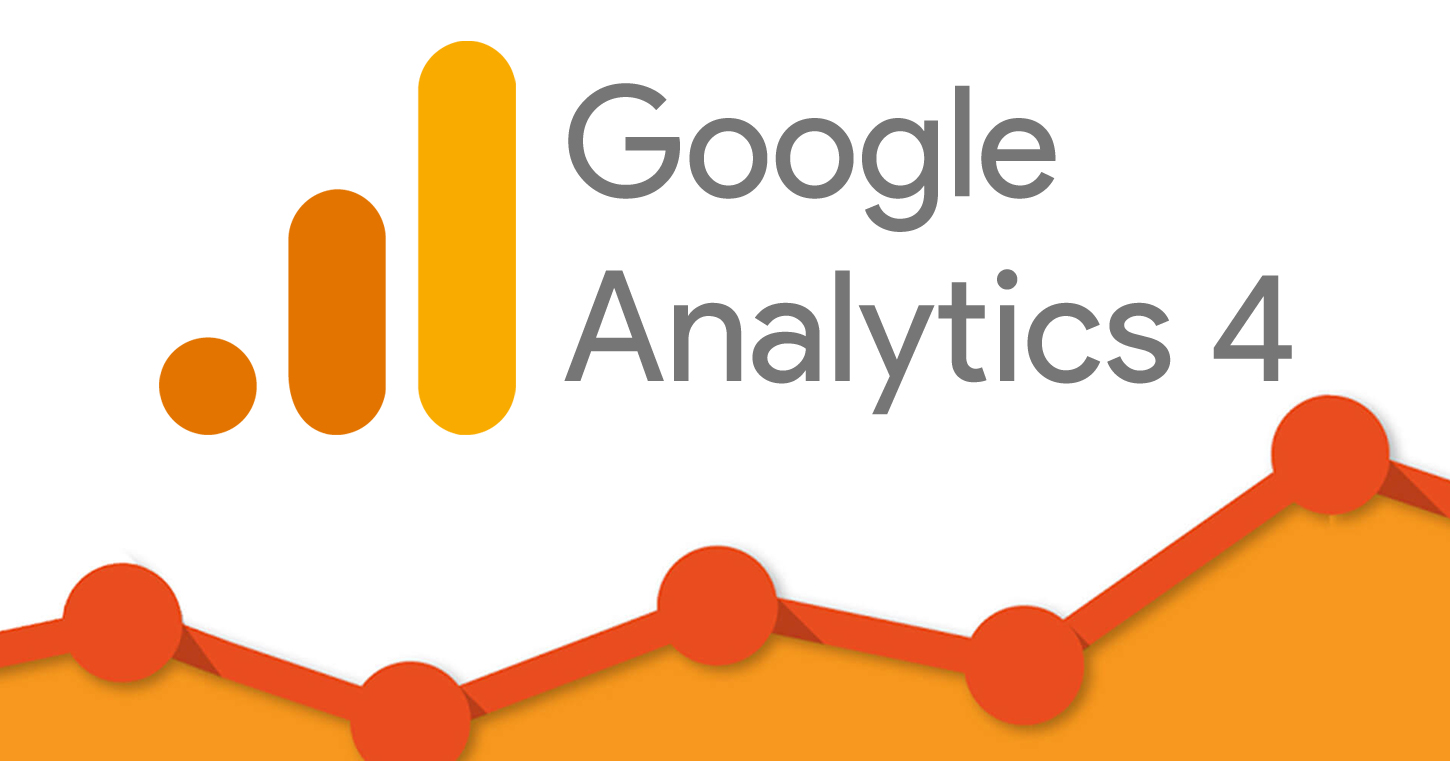Hopefully by now you’ve heard that Google is sunsetting its current iteration of Analytics, Universal Analytic. In its place is the newest version of Analytics, Google Analytics 4 or GA4. This raises a few important questions:
- Why is Google doing this?
- Is GA4 better? If so, how?
- What happens to my existing Analytics data?
- Should I switch and if so, how?
Spoiler alert–the answer to the last question is YES–YOU NEED TO SWITCH TO GA4!! And you need to do it ASAP.To get into why, let’s explore the questions we posed above.
Why is Google doing this?
Universal Analytics was built primarily around the ability to capture page views and sessions: who came to my website and what did they do there? And that was really important information for a very long time. But then the web got more complex and user behavior did as well. As Google stated:
“Universal Analytics was built for a generation of online measurement that was anchored in the desktop web, independent sessions and more easily observable data from cookies. This measurement methodology is quickly becoming obsolete.“
But the real short answer to the question of why GA4 is replacing Universal Analytics now is that GA4 can see and measure data across websites and across apps. It has cross-platform visibility and insights, which Universal Analytics does not.
Is GA4 Better?
Honestly, the answer is it doesn’t matter ?. Universal Analytics is going away so if you want data, insights and analytics you HAVE to switch to GA4. That said, GA4 probably is better for several reasons: cross platform visibility, better security and privacy, enhanced attribution and data that’s more actionable for owners of websites. A lot of publications have written on this topic already and we don’t need to repeat their summaries:
- https://www.searchenginejournal.com/google-sunsetting-universal-analytics-in-2023/442168/#close
- https://supermetrics.com/blog/why-ga4
- https://infotrust.com/articles/5-core-differences-between-universal-analytics-and-google-analytics-4/
What Happens To My Existing Analytics Data?
Let’s ask Google themselves:
Google Analytics 4 is our next-generation measurement solution, and it’s replacing Universal Analytics. On July 1, 2023, standard Universal Analytics properties will stop processing new hits. If you still rely on Universal Analytics, we recommend that you prepare to use Google Analytics 4 going forward.
- Until July 1, 2023, you can continue to use and collect new data in your Universal Analytics properties.
- After July 1, 2023, you’ll be able to access your previously processed data in your Universal Analytics property for at least six months. We know your data is important to you, and we strongly encourage you to export your historical reports during this time.
- In the coming months, we’ll provide a future date for when existing Universal Analytics properties will no longer be available. After this future date, you’ll no longer be able to see your Universal Analytics reports in the Analytics interface or access your Universal Analytics data via the API.
Should I Switch And If So How?
It’s not really a question of if you should switch. You have to switch. And the sooner you do it, the more overlapping data you’ll have. The tricky part is, it’s a lot easier to say than to do. Any current user of Analytics knows it’s an incredibly powerful tool. In fact, it’s probably the most underutilized source of information about the effectiveness (or lack thereof) of a business’s digital presence. Any current Analytics user also knows that it’s not the simplest or the most intuitive tool. Google is fantastic about data. But when it comes to UX and usability, they’re no Apple. Generating valuable insights requires substantial configuration. Coming to actionable decision points requires navigating to multiple screens on every visit. Staying current on GA best practices has become almost a full time job.
If you have a full time web admin who’s proficient in GA, great–have them set up GA4 ASAP. And take advantage of the custom events capabilities so you can generate insights that are unique and valuable to your business. If you don’t have someone whose job it is to be very good at Analytics, we strongly suggest you find a professional who is. We set up, configure, report on use, analyze and manipulate Google Analytics data every day. It’s a fantastic tool. You certainly don’t have to hire us to help you make this transition, but we couldn’t recommend more strongly that you find someone knowledgeable and reputable to help make sure you get this right. Your business and your data are too important to get it wrong.

